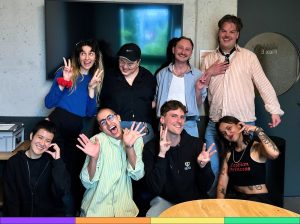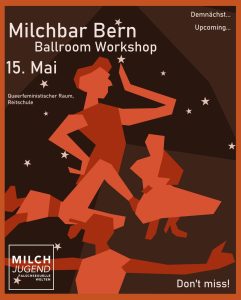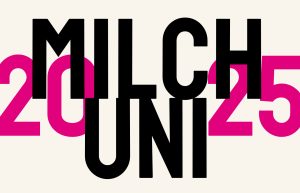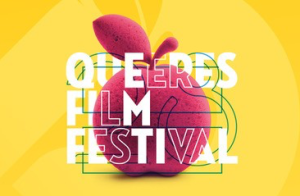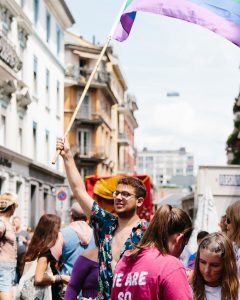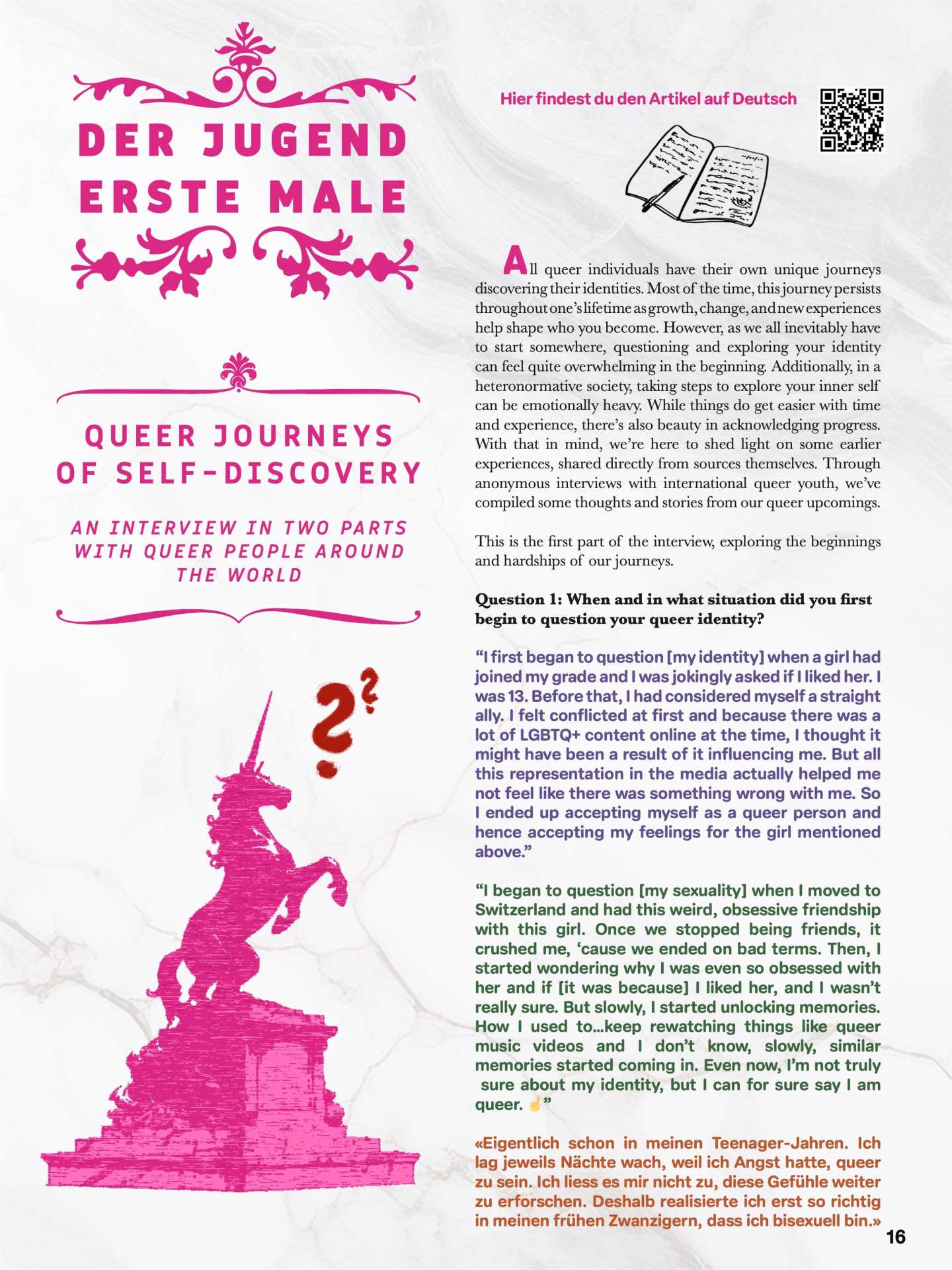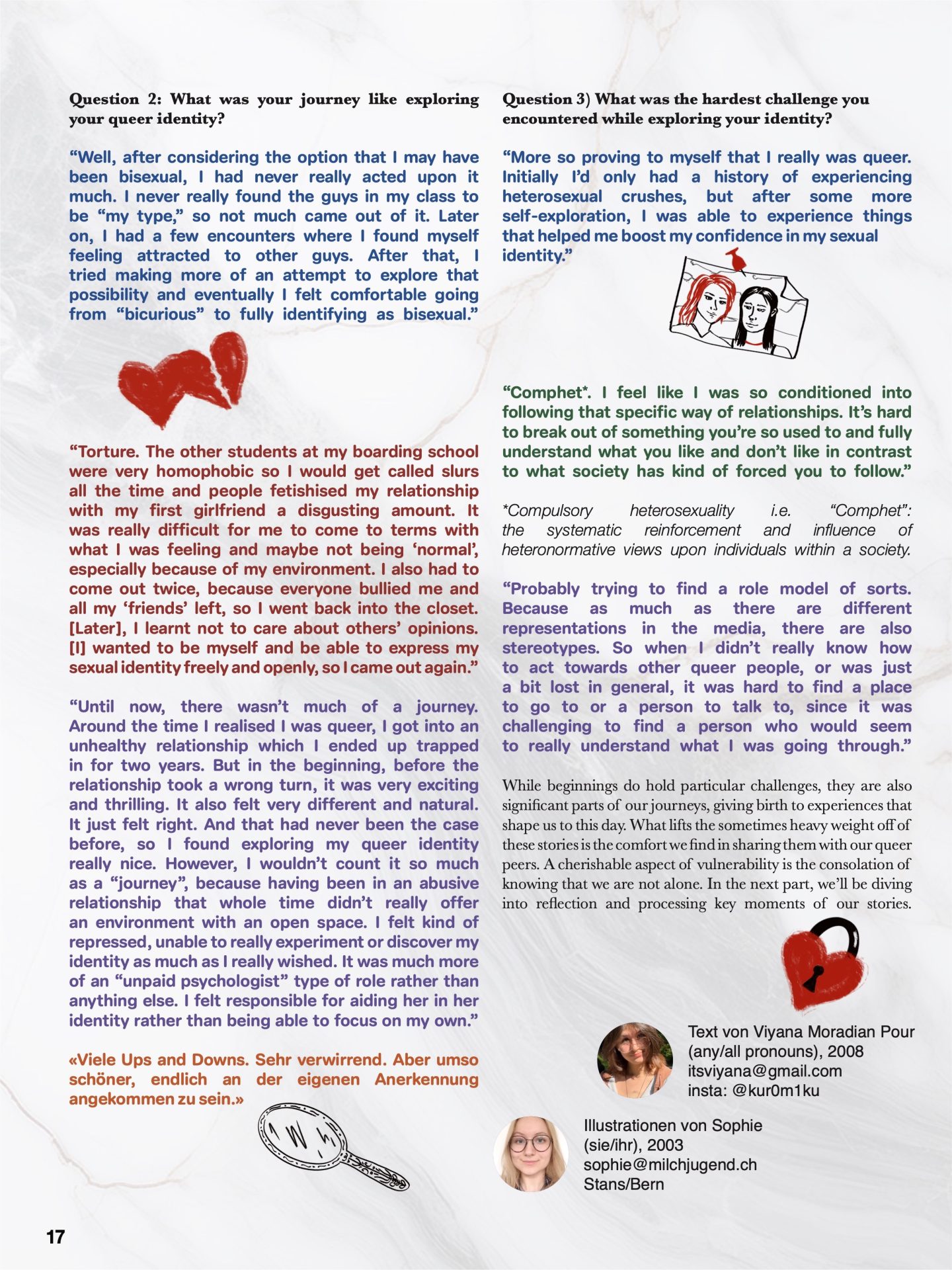Hier findest du den Artikel auf Deutsch
All queer individuals have their own unique journeys discovering their identities. Most of the time, this journey persists throughout one’s lifetime as growth, change, and new experiences help shape who you become. However, as we all inevitably have to start somewhere, questioning and exploring your identity can feel quite overwhelming in the beginning. Additionally, in a heteronormative society, taking steps to explore your inner self can be emotionally heavy. While things do get easier with time and experience, there’s also beauty in acknowledging progress. With that in mind, we’re here to shed light on some earlier experiences, shared directly from sources themselves. Through anonymous interviews with international queer youth, we’ve compiled some thoughts and stories from our queer upcomings.
This is the first part of the interview, exploring the beginnings and hardships of our journeys.
Question 1: When and in what situation did you first begin to question your queer identity?
“I first began to question [my identity] when a girl had joined my grade and I was jokingly asked if I liked her. I was 13. Before that, I had considered myself a straight ally. I felt conflicted at first and because there was a lot of LGBTQ+ content online at the time, I thought it might have been a result of it influencing me. But all this representation in the media actually helped me not feel like there was something wrong with me. So I ended up accepting myself as a queer person and hence accepting my feelings for the girl mentioned above.”
“I began to question [my sexuality] when I moved to Switzerland and had this weird, obsessive friendship with this girl. Once we stopped being friends, it crushed me, ‘cause we ended on bad terms. Then, I started wondering why I was even so obsessed with her and if [it was because] I liked her, and I wasn’t really sure. But slowly, I started unlocking memories. How I used to…keep rewatching things like queer music videos and I don’t know, slowly, similar memories started coming in. Even now, I’m not truly sure about my identity, but I can for sure say I am queer. ☝️”
«Eigentlich schon in meinen Teenager-Jahren. Ich lag jeweils Nächte wach, weil ich Angst hatte, queer zu sein. Ich liess es mir nicht zu, diese Gefühle weiter zu erforschen. Deshalb realisierte ich erst so richtig in meinen frühen Zwanzigern, dass ich bisexual bin.»
Question 2: What was your journey like exploring your queer identity?
“Well, after considering the option that I may have been bisexual, I had never really acted upon it much. I never really found the guys in my class to be “my type,” so not much came out of it. Later on, I had a few encounters where I found myself feeling attracted to other guys. After that, I tried making more of an attempt to explore that possibility and eventually I felt comfortable going from “bicurious” to fully identifying as bisexual.”
“Torture. The other students at my boarding school were very homophobic so I would get called slurs all the time and people fetishised my relationship with my first girlfriend a disgusting amount. It was really difficult for me to come to terms with what I was feeling and maybe not being ‘normal’, especially because of my environment. I also had to come out twice, because everyone bullied me and all my ‘friends’ left, so I went back into the closet. [Later], I learnt not to care about others’ opinions. [I] wanted to be myself and be able to express my sexual identity freely and openly, so I came out again.”
“Until now, there wasn’t much of a journey. Around the time I realised I was queer, I got into an unhealthy relationship which I ended up trapped in for two years. But in the beginning, before the relationship took a wrong turn, it was very exciting and thrilling. It also felt very different and natural. It just felt right. And that had never been the case before, so I found exploring my queer identity really nice. However, I wouldn’t count it so much as a “journey”, because having been in an abusive relationship that whole time didn’t really offer an environment with an open space. I felt kind of repressed, unable to really experiment or discover my identity as much as I really wished. It was much more of an “unpaid psychologist” type of role rather than anything else. I felt responsible for aiding her in her identity rather than being able to focus on my own.”
«Viele Ups and Downs. Sehr verwirrend. Aber umso schöner, endlich an der eigenen Anerkennung angekommen zu sein.»
Question 3) What was the hardest challenge you encountered while exploring your identity?
“More so proving to myself that I really was queer. Initially I’d only had a history of experiencing heterosexual crushes, but after some more self-exploration, I was able to experience things that helped me boost my confidence in my sexual identity.”
“Comphet*. I feel like I was so conditioned into following that specific way of relationships. It’s hard to break out of something you’re so used to and fully understand what you like and don’t like in contrast to what society has kind of forced you to follow.”
*Compulsory heterosexuality i.e. “Comphet”: the systematic reinforcement and influence of heteronormative views upon individuals within a society.
“Probably trying to find a role model of sorts. Because as much as there are different representations in the media, there are also stereotypes. So when I didn’t really know how to act towards other queer people, or was just a bit lost in general, it was hard to find a place to go to or a person to talk to, since it was challenging to find a person who would seem to really understand what I was going through.”
While beginnings do hold particular challenges, they are also significant parts of our journeys, giving birth to experiences that shape us to this day. What lifts the sometimes heavy weight off of these stories is the comfort we find in sharing them with our queer peers. A cherishable aspect of vulnerability is the consolation of knowing that we are not alone. In the next part, we’ll be diving into reflection and processing key moments of our stories.
